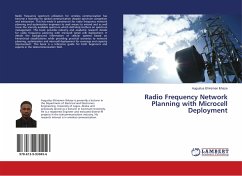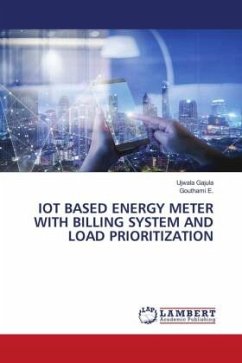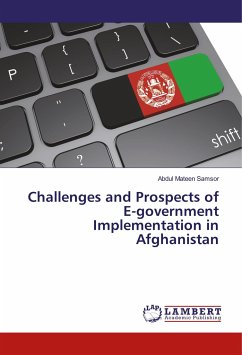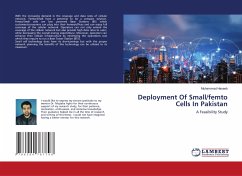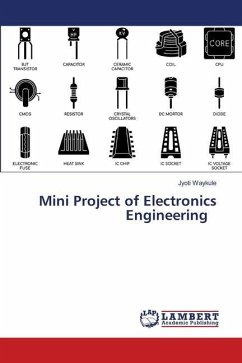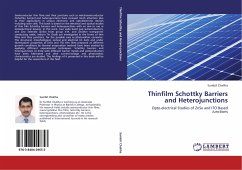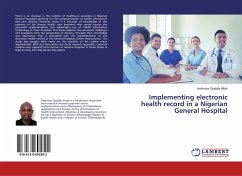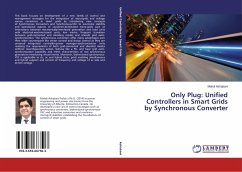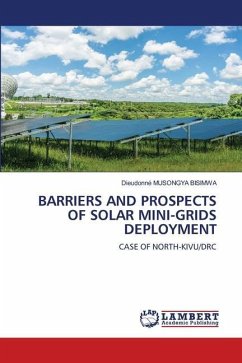
BARRIERS AND PROSPECTS OF SOLAR MINI-GRIDS DEPLOYMENT
CASE OF NORTH-KIVU/DRC
Versandkostenfrei!
Versandfertig in 6-10 Tagen
29,99 €
inkl. MwSt.

PAYBACK Punkte
15 °P sammeln!
As solar mini-grids and other renewable energy resources are now viewed as the least expensive alternative for electrifying remote areas away from the national grid, there is growing recognition that they will play a crucial contribution to obtaining global access to power. To achieve our objectives, a descriptive research design was used in three studies with three target populations. Eighteen barriers were identified and validated by combining field research with literature reviews, dimensioned into five categories, and finally prioritized using AHP technique. The study on prioritization of ...
As solar mini-grids and other renewable energy resources are now viewed as the least expensive alternative for electrifying remote areas away from the national grid, there is growing recognition that they will play a crucial contribution to obtaining global access to power. To achieve our objectives, a descriptive research design was used in three studies with three target populations. Eighteen barriers were identified and validated by combining field research with literature reviews, dimensioned into five categories, and finally prioritized using AHP technique. The study on prioritization of barriers in North Kivu revealed that "Ineffective institutional arrangements", "Access to finance", "Poor maintenance and technical support culture", "Land disputes" etc are the most important barriers. This prioritization could help our investor readers to know by what barriers to begin to improve in the energy sector in DRC (North Kivu). The study on prospects concluded that the use of Nuru's electricity has raised the standard of living of the customers, the services obtained have met the expectations of more than 50% of the subscribers, and they think that the mini grid is competitive.



